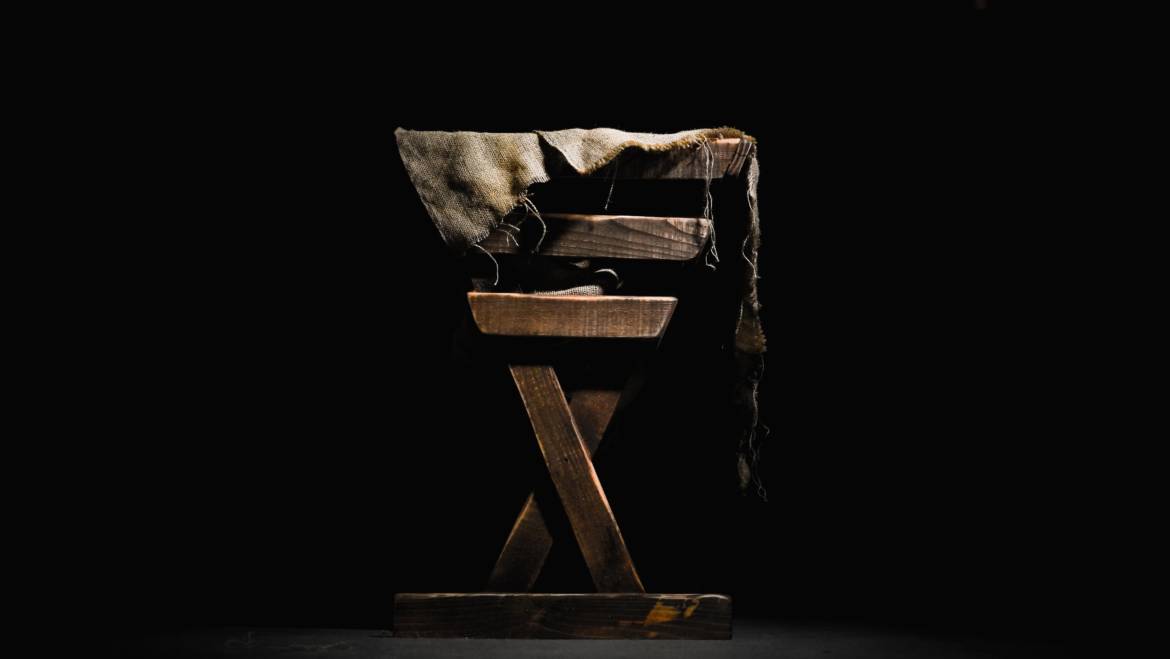I wrote this eight years ago. A lot has happened in my life since then, and I’m sure you can say the same thing. It still rings true today, and will tomorrow.
Hope. There are many of us struggling right now, searching for some light at the end of a dark, lonely, and threatening tunnel. Many of us, or our loved ones, are dealing with physical problems that are overwhelming. We are facing diseases or diagnoses from which there seems to be no relieve, no rescue, no… hope.
“Doc, tell me, after all those years in the ER, how did you deal with all of the bad things you saw? How do you and others in the medical field handle that?”
The question came from a radio talk-show host in Florida. We were talking about one of my books, and it was a fair question, one I had been asked several times before. Yet, it was one that is always difficult to answer.
Fortunately, for those of us in medicine, the majority of the problems we see are “self-limiting—with the right treatment and a little time, they will get better. Frequently, the most important element is just that—“a little time.” The human body is an amazing creation, possessing an ability to heal itself in an effort to survive.
In my own family, we have recently experienced the rapid resolution of a strep throat, an ear infection, a fractured arm, and a busted forehead. All of these are significant in the moment, but with a little help and a little time, they go away.
Some things don’t go away. There are injuries or illnesses that our bodies are unable to take care of, even with the best help that’s currently available. Again from my own family, there has been inoperable and life-ending melanoma, end-stage heart disease, and progressive and relentless Parkinson’s disease. Many of you can add to that list. No, all of us can. Most of us don’t like to think or talk about that. Mortality is an uncomfortable reality. As a physician, I want things to get better and go away. As a husband, father, and grandfather, that’s want I want too. But that’s not the reality. One day, each of us will surely face this.
The radio interviewer was right. Those of us who have worked in the ER have experienced a lot of bad things. So how did I answer him?
I had some help. Almost five hundred years ago, Martin Luther penned the words of his most famous hymn, drawing on Psalm 46. These were the early days of the Reformation. Times were perilous and life-expectancies short. Yet, Luther understood the realities of this earthly existence, and he made it clear where his hope was founded.
“A mighty fortress is our God,
a bulwark never failing.
Our helper He amid the flood,
of mortal ills prevailing.
Let goods and kindred go,
this mortal life also.
The body they may kill;
God’s truth abideth still;
His kingdom is forever.”
That’s a powerful statement of faith, especially when we consider the difficult circumstances of his life at that time. And while Luther probably didn’t intend for his hymn to be used as a Christmas carol, it certainly seems appropriate, at least to me. For in the midst of the hustle and bustle of this time of year, (and for some of us, the heartache and loneliness) the real reason for this season, the real message to each of us is one of hope. It’s not just the music or the gift-giving or the merriment. And it’s not just the celebration of a baby born two thousand years ago in Bethlehem. It’s the knowledge that this baby, Jesus, would one day complete a wondrous and unfathomable work on a desolate cross, forever freeing us from all our “mortal ills.”
Martin Luther understood this, and shares his understanding with us, even today.
That was my response to the interviewer. When faced with a terrible circumstance in the ER, with the finality of a terminal diagnosis or even death, we are given the unfailing promise that the “Great Physician” will one day remove all pain and suffering, all trials and grief, and that He will wipe away every tear.
His kingdom is forever. That’s our hope, and this is the season.


Add Comment